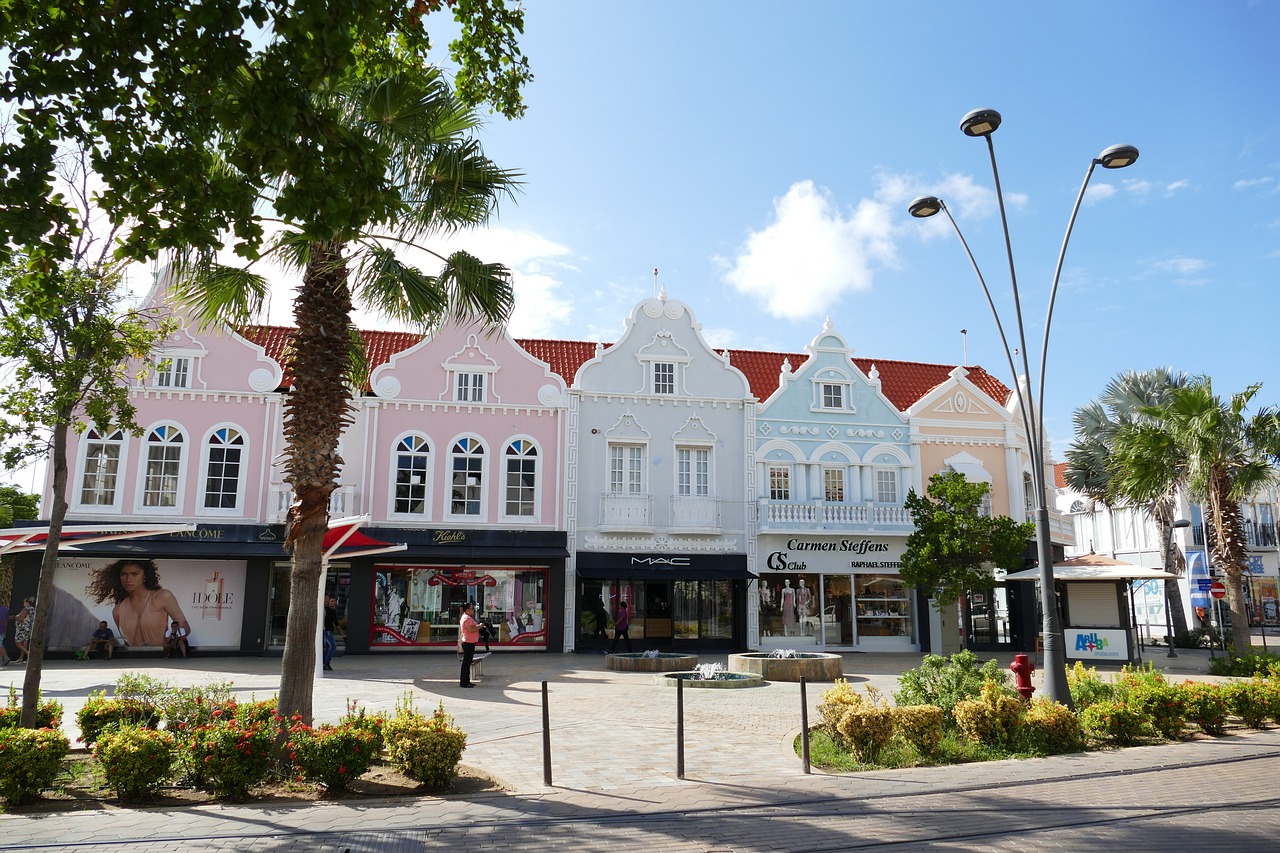Getting Around: Transportation Tips for Aruba
Aruba, a stunning Caribbean island known for its pristine beaches and vibrant culture, offers visitors a wide array of transportation options to explore its attractions and get around conveniently. Whether you prefer public transportation, renting a car, or using taxis, this comprehensive guide will provide you with all the essential information to navigate Aruba’s transportation system efficiently.
Public Transportation
Aruba offers a reliable and affordable public transportation system, primarily consisting of buses. The Arubus network covers most major tourist areas on the island, including popular beaches, hotels, and shopping districts. The buses are air-conditioned, comfortable, and equipped with wheelchair ramps for accessibility.
- Bus Routes: Arubus operates several bus routes that connect various parts of the island. The most popular route is the Line 10, which runs from Oranjestad, the capital city, to Palm Beach, a hub for resorts and entertainment.
- Fares and Payment: Bus fares are reasonable, and exact change is required. As of 2021, a one-way ticket costs $2.30 USD for adults and $1.30 USD for children aged 6-12. Free transfers are available within one hour of the initial boarding.
- Timings: Buses typically operate from 5:45 am to 6:45 pm, with reduced schedules on weekends and public holidays. It is advisable to check the official Arubus website or consult the local schedule for accurate timings.
- Tips: It is recommended to carry small denominations for bus fares. Buses can get crowded during peak hours, so plan accordingly. Keep in mind that buses may not be the most convenient option for exploring remote areas of the island.
Renting a Car
Renting a car in Aruba is a popular choice among tourists as it provides flexibility and independence to explore the island at your own pace. Several car rental companies operate in Aruba, offering a wide range of vehicles to suit different preferences and budgets.
- Requirements: To rent a car in Aruba, you must be at least 21 years old, possess a valid driver’s license, and have a major credit card for the security deposit. Some rental agencies may have additional age restrictions or requirements.
- Traffic Rules: Aruba follows right-hand driving, and seat belts are mandatory for all occupants. The speed limit is generally 60 km/h (37 mph) in urban areas and 80 km/h (50 mph) on highways.
- Parking: Most hotels and popular tourist spots in Aruba offer parking facilities. However, it is essential to familiarize yourself with parking regulations and avoid parking in restricted areas to avoid fines.
- Gas Stations: Gas stations are easily accessible throughout the island, and the fuel prices are relatively reasonable. It is recommended to return the rental car with the same fuel level as when you received it to avoid additional charges.
Taxis
Taxis are a convenient mode of transportation in Aruba, particularly for shorter distances or when you prefer not to drive. Taxis in Aruba are easily recognizable by their “TX” license plates and are regulated by the government.
- Fares: Taxis in Aruba operate on a fixed-rate system, and the fares are determined by the government. The rates are per ride, not per passenger. Additional charges may apply for late-night or holiday rides.
- Taxi Stands: Taxi stands are located at major tourist areas, hotels, and the airport. You can find taxis readily available at these stands or request one through your hotel or by phone.
- Shared Taxis: Shared taxis, also known as “bus taxis,” are a cost-effective option for traveling shorter distances along popular routes. These taxis follow specific routes and pick up multiple passengers. The fare for shared taxis is lower than that of private taxis.
Cycling and Walking
Aruba’s small size and beautiful landscapes make it an ideal destination for cycling and walking enthusiasts. Many resorts and rental shops offer bicycles for rent, allowing you to explore the island’s scenic routes and beachside trails at your own pace. Walking is also a delightful way to discover Aruba’s charming streets, colorful architecture, and local culture.
- Bicycle Rentals: Several rental shops in Aruba offer bicycles for rent, including mountain bikes, beach cruisers, and electric bikes. Prices vary depending on the duration and type of bicycle.
- Cycling Safety: It is essential to wear a helmet while cycling and follow traffic rules. Aruba’s roads are generally safe for cyclists, but it is advisable to stick to designated cycling paths whenever possible.
- Walking Tours: Guided walking tours are available in Aruba, allowing you to explore the island’s historical sites, cultural landmarks, and natural wonders. These tours provide valuable insights into Aruba’s rich heritage.
Conclusion
Aruba offers a variety of transportation options to suit different preferences and budgets. Whether you choose public transportation, renting a car, taking taxis, or exploring on foot or by bicycle, you can easily navigate the island and make the most of your visit. Remember to plan your transportation in advance, consider the distances you need to cover, and enjoy the breathtaking beauty of Aruba.
Aruba Image 1:

Aruba Image 2:

Aruba Image 3:

References
– Arubus Official Website (arubus.com)
– VisitAruba.com
– Aruba Tourism Authority (aruba.com)
– Aruba Department of Public Transportation (gov.aw)

